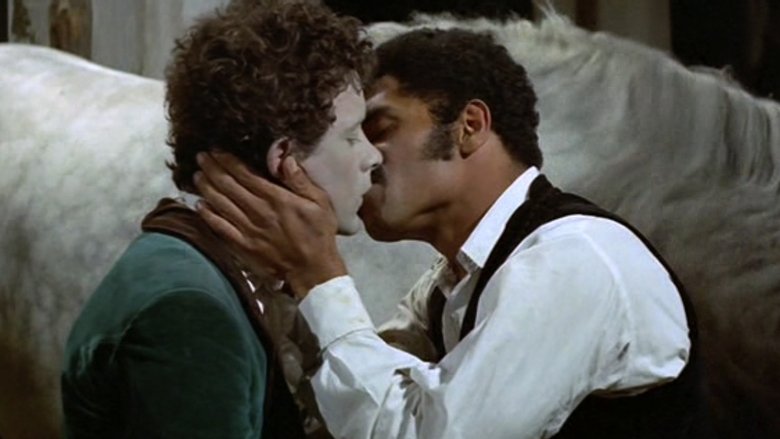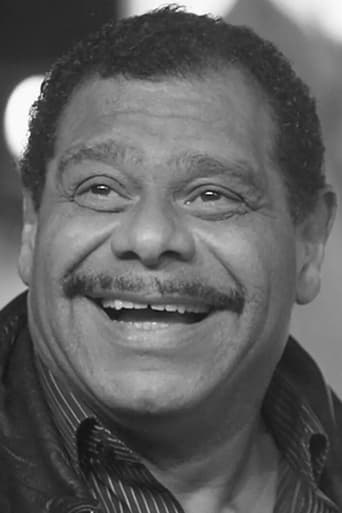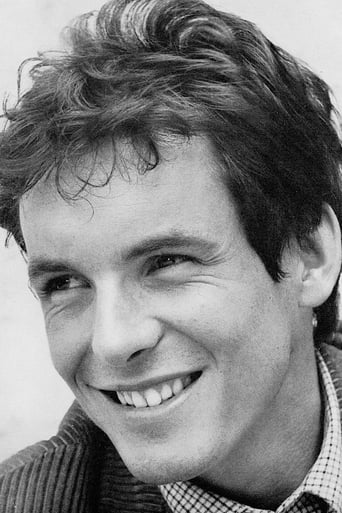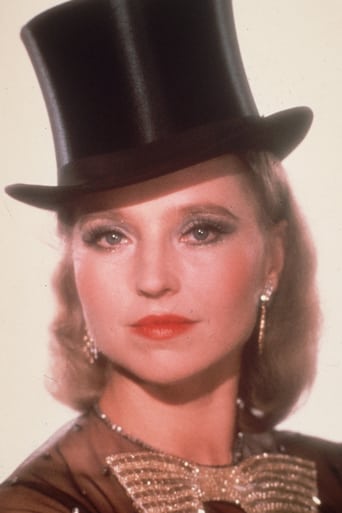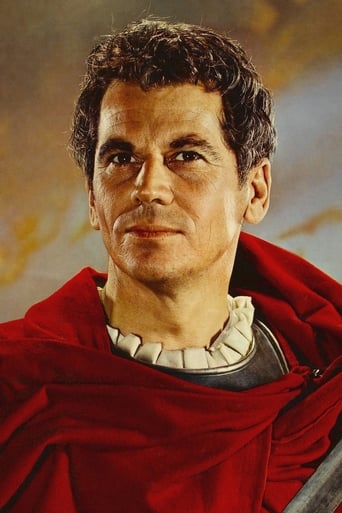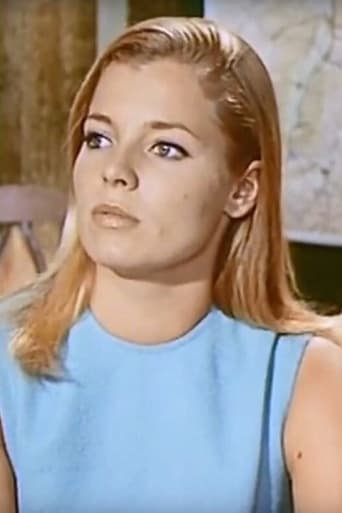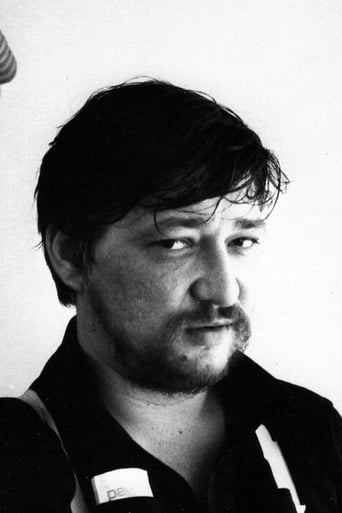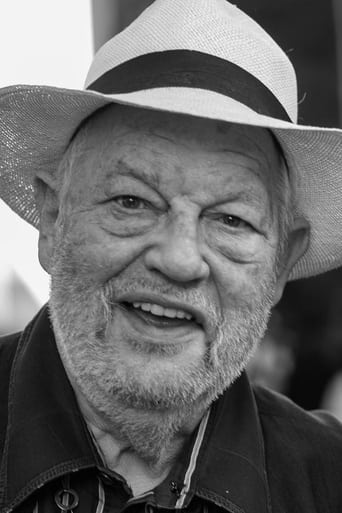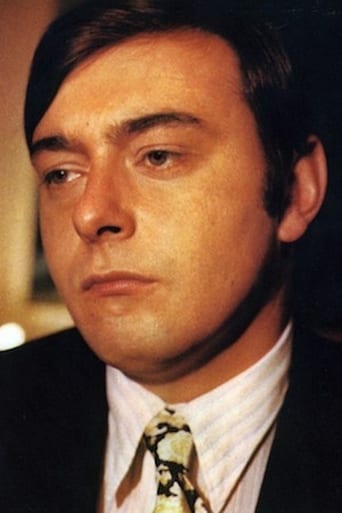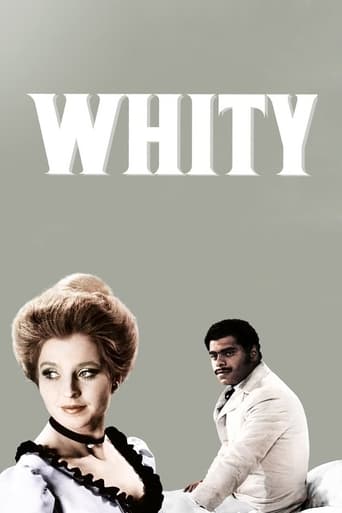
"Whity" is the mulatto butler of the dysfunctional Nicholson family in the American southwest in 1878. The father, Ben Nicholson, has an attractive young wife Katherine, and two sons by a previous marriage; the homosexual Frank, and the retarded Davy. Whity tries to carry out all their orders, however demeaning, until various of the family members ask him to kill some of the others.
Similar titles

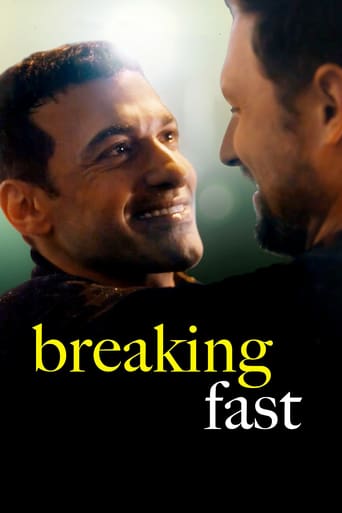


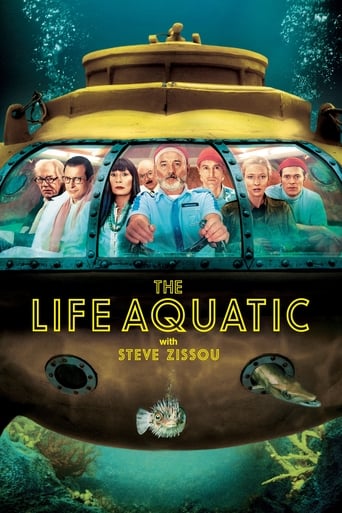

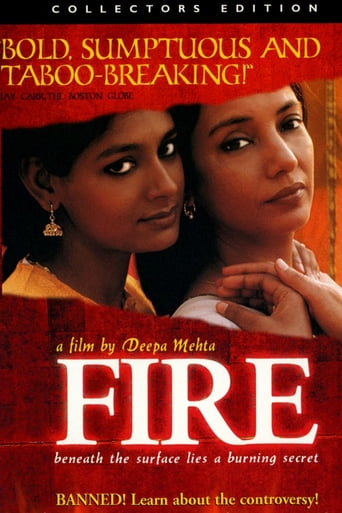
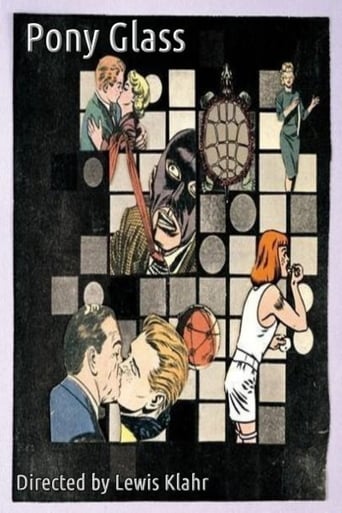
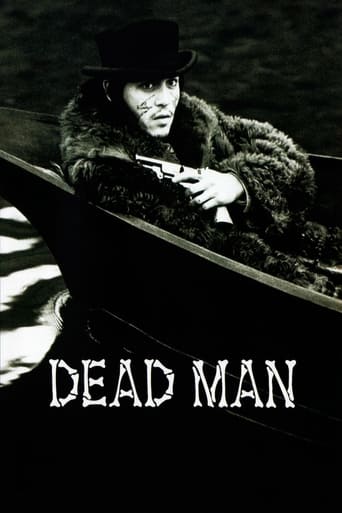
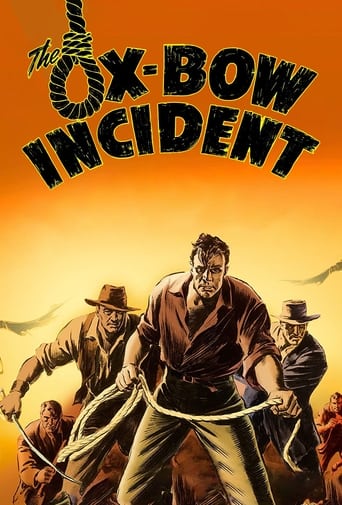
You May Also Like
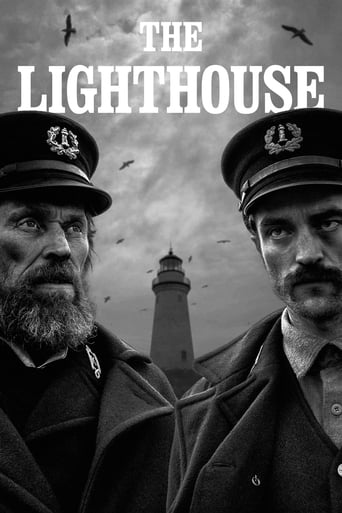
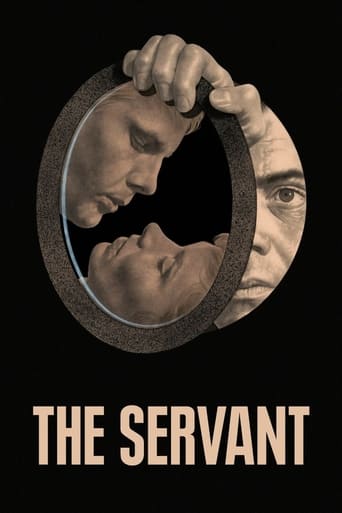
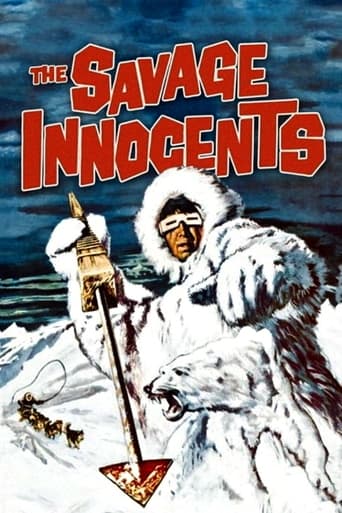
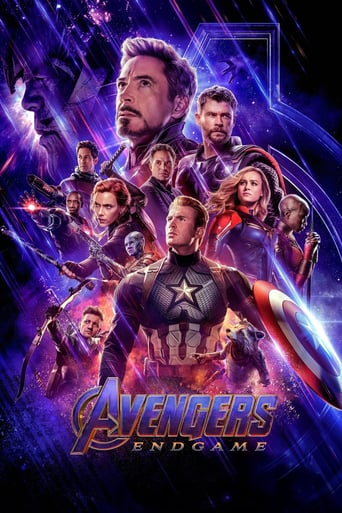
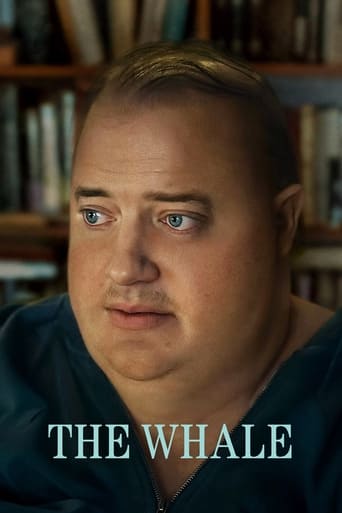
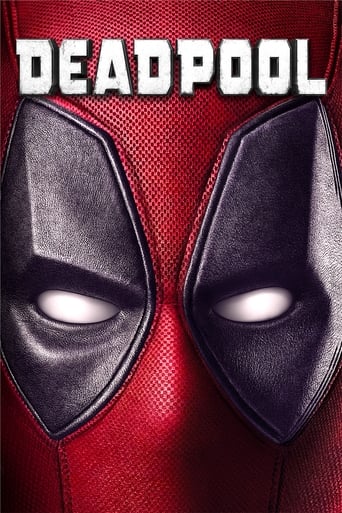
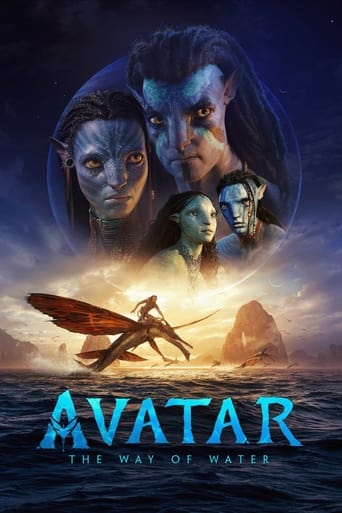
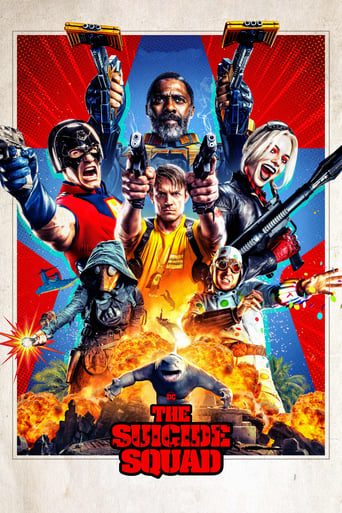
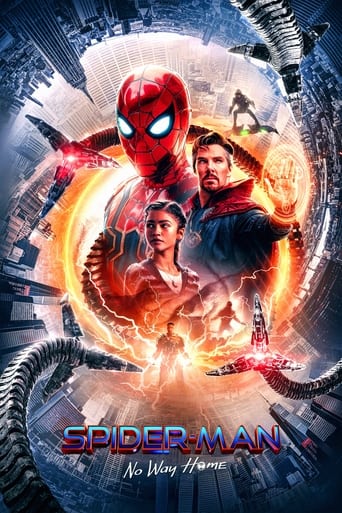
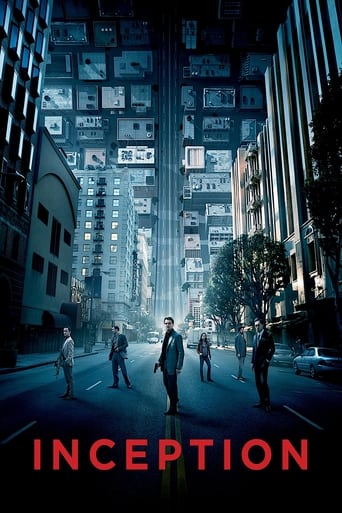
Reviews
Undescribable Perfection
Brilliant and touching
The plot isn't so bad, but the pace of storytelling is too slow which makes people bored. Certain moments are so obvious and unnecessary for the main plot. I would've fast-forwarded those moments if it was an online streaming. The ending looks like implying a sequel, not sure if this movie will get one
Each character in this movie — down to the smallest one — is an individual rather than a type, prone to spontaneous changes of mood and sometimes amusing outbursts of pettiness or ill humor.
Never released commercially, 'Whity' remains one of Fassbinder's least seen films, and when spoken of it is usually with mild incredulity since the thing is reportedly a western. Naturally it's a western the like of which English-speaking audiences have never seen before (or at any rate since 'Red Garters'), but one that would look less eccentric to a German audience used to the popular Karl May adaptations of the sixties in which men are men and women are German. Although there are nods towards Sergio Leone - notably with Peer Raben's score - it plainly owes more to Gillo Pontecorvo's 'Queimada!' (1969) and to the 'slavery' genre of the seventies that began with Herbert Biberman's 'Slaves' in 1969 and reached its apotheosis with 'Mandingo'. Sumptuously designed by Kurt Raab and fluidly shot in widescreen and Eastmancolor by the late Michael Ballhaus, visually it anticipates the saturated colours of Fassbinder's final extravaganzas like 'Lili Marleen' and 'Querelle' with the cast resembling waxworks. It effectively does for westerns what 'Der Amerikanische Soldat' did for gangster movies, but is far less fun; although Fassbinder's own appearance as a macho, whip-wielding cowboy is as funny as anything to be found in 'Carry On Cowboy'.
* For people who haven't seen the film I recommend skipping the first part of the comment to start reading right at - The Style - * What's noteworthy is how much more this relatively early Fassbinder has in common with his later films such as the BRD trilogy than with anything he did before. For example the fact that the main character is trying to integrate into a family/society against all odds, with fatal consequences. Not only do those families/societies reject the main characters of the RWF films in question, but those systems turn out to be miserable and integration into them turn out to be undesirable. The propagated Weltanschauung is downright pessimistic, with no realistic hope anywhere in sight.So the movie's title character Whity is trying to integrate, even to the point of lacking much of a personality. He doesn't care if he is black or white, or even straight or gay, he just wants to be a part of something that is bigger that himself.The Themes - Interestingly the film doesn't seem to be much concerned with racial issues. I don't see Whity to be representative of the black man in America, but rather it uses a black man in the West as an example of slavery and a man who tries to integrate into a system that doesn't want him for superimposed reasons, all the while he is more competent than most other people around him.The (white) members of the Nicholson family all have makeup that makes them look sickly pale, which could be to empathize those people's degeneration, compared to Whity. They are free, he is not, they have power, he hasn't, purely because of superficial reasons and not because they are actually stronger.What's also important is the capitalism versus love theme. In the family everyone is ridden by greed, money is their biggest concern and this reflects their decadence. Whity doesn't have much desires at all, he is the best example of happiness in slavery. He doesn't know a better life, so he is satisfied with his position. That was until he found love. It's partly through this love that he realizes the degenerated state of his family (the Nicholsons) and it's love that is enough of a substitute that it makes him want to radically leave behind his family in the end.But the movie doesn't give a solution for Whity's tragic situation, in the end he leaves the system that he fought to be a part of all along, just to go into the vastness of the desert (a non-system, if you will, a place where money and power doesn't matter), just to die, suggesting that there in fact is no solution, other than death. This is why I find the film to be extremely pessimistic. Whity has found love, but not only is it not considered a solution, but it implies that there is none, by Whity consciously deciding to end his life, basically.The Style - As for the style, obviously the film is much more inspired by Spaghetti Westerns than by American ones, which starts with the opening credits with the names flying towards the audience, and continues with the intentionally slow-paced nature of the film, its melancholic atmosphere, and the exaggerated ambient sound. In fact, it's directly reminiscent of Leone, but the big difference is the small scale of RWF's film. I found the slow pace more tedious than anything else. It's too much of an imitation and not enough its own thing.As good as Ballhaus' camera work is on its own, the concept of frozen subjects captured in fluid images doesn't work well if there is little (appropriate) content to back it up, not to mention that this is pretty much the opposite of Leone's cinematography, which is mostly rigid camera where even the smallest protagonist movement looks epic. If Leone's camera moves it is to follow the protagonist, not to pan to another protagonist. He fearlessly employed a cut to show another character, which made every character the star of his own shot.The Resume - Although the film certainly isn't devoid of appealing themes, the way it is I can't say that it tells an interesting story. Apart from Whity all the characters are just too empty, they are just pawns in Whity's story, which wouldn't be as bad if there weren't so many scenes in which he isn't much more than a spectator or isn't even present.As implied before, the content simply doesn't lend itself to a Leonesque Western. A Leone Western lends itself to strangers being unpredictable, danger-laden atmosphere and situations, and gunslinging, it doesn't lend itself to internal family affairs, everyday life and character studies. I would consider 'Whity' a failed experiment, Fassbinder's story-telling sensibilities combined with an imitation of Leone's style is a system into which integration is undesirable.
I barely got through this movie, this kind of half-western half super-dark satire on racism and slavery that makes Bamboozled look like Fraggle Rock... So why the high rating? Possibly just because there's nothing else quite like it. It's about a slave, dubbed Whity by his master/family for his propensity for 'sucking up' (Günter Kaufmann, a frequent actor in Fassbinder's stockade of sorts, who I still can't tell whether or not he's actually a good actor or appears to be so), and his master (Ron Randell) and his family, which includes a wife and two children, one retarded and one homosexual, and there are sometimes very strange requests or orders- like killing other members of the family for things like obvious adultery or the murder by the master of said adulterer (I think that's what happened at one point).One of the things about the movie that's just totally weird, and yet very weirdly effective, is that the slave owner and family have white make-up put over their already white faces (again, the inverse of Bamboozled, only here not so smug about it being "hey, it's satire!"), and that all of the characters- save maybe for a few minor characters or a supporting one like the saloon singer who falls for Whity- have an affected way of speaking, deliberate like everyone is under some strange spell. What is it all a symbol for? I think, maybe, that racism is so ugly and horrible a thing one can barely ever capture how it affects everyone around them, white or black (the only somewhat down-to-earth figure, Whity's mother played very convincingly by Elaine Baker, is all too brief in the mix for a reason). Fassbinder uses the backdrop of the old west, of a kind of fragmented version of it (he uses sets from other movies, intentionally I'd wager), where this savage but almost meditative story can take place.Whity shouldn't be something to see right away if you're just getting into Fassbinder - since I'm one of them, I can attest to it being a difficult film - but there's a power about it, some really unique pull to it in some scenes (watch when Whity asks the retarded boy to come over the comb the horse, very tense, erotically so but cruel), that it's hard not to find it at some point if you become an admirer of the prolific German's oeuvre. I'm not even sure I would watch it again, but I know I didn't exactly regret the chance at witnessing risky art.
When is a Western not really a Western? When it’s directed by Fassbinder! WHITY is only my sixth film from the so-called German wunderkind: I admire Fassbinder for his prolific and versatile output, though I’ve yet to be won over completely by a film of his; frankly I was hoping this would prove to be the one – but, as it turned out, I couldn’t have been more wrong! For the record, I’ve got four more titles from him to watch: still, considering my dismal experience with WHITY (especially since I had fully expected it to be the most accessible of the lot!), I don’t know when I’ll muster the courage to get to them now…even if DESPAIR (1978) is a reasonably enticing title, given the participation of Dirk Bogarde and the Vladimir Nabokov source.To be fair, the Western ambiance is delivered in spades throughout. The film was stunningly shot in Widescreen – by Michael Ballhaus (later a valued collaborator of Martin Scorsese) – in Almeria, location site of many a Spaghetti Western. It generally has the right feel for time and place with regards to settings and wardrobe, while the all-important score is highlighted by a decidedly infectious riff. Even so, the repertoire of English-language ballads (the bulk of the film, of course, is in German) allotted to chanteuse/prostitute Hanna Schygulla – not to mention her own affected delivery – is inappropriately modern and comes across as unintentionally laughable! Schygulla was a fixture in Fassbinder’s work; the film also features Ron Randell (best-known, if at all, for playing Christ’s attorney[!] in Nicholas Ray’s KING OF KINGS [1961]) and Ulli Lommel (who later graduated to directing himself, notably TENDERNESS OF THE WOLVES [1973] and THE BOOGEYMAN [1980]).The overriding pretentiousness at work here is palpable above all in the film’s lethargic, indeed deadly, pace (never have I seen a movie in which the characters moved more s-l-o-w-l-y!). Besides, it isn’t helped by unsympathetic (even annoying) characters – mostly members of a dysfunctional family (and particularly the pasty-faced, frizzy-haired sons of landowner Randell) – indulging in all manners of transgressions (from such commonly-depicted capital sins as greed, lust and murder down to nymphomania, masochism, interracial relationships and incest!). In the midst of all this is an unsavory gay subtext which, inevitably, seems to be on the agenda of virtually all directors so inclined in real-life (but becoming obviously more pronounced in the liberalized modern cinema)! The plot, for what it’s worth, is reminiscent of Pier Paolo Pasolini’s THEOREM (1968) – coincidentally another gay parable – as the life of everyone involved is influenced in some way by the household’s black manservant (the character bears the ironic titular nickname but is also curiously underwritten and inexpressive), who’s actually the fruit of Randell’s illicit affair with his frumpy colored maid! The fact that each, in turn, pleads with him to slay the other could have turned this into a pointed black comedy – but the film is simply too labored and deliberately self-conscious for the subtlety intrinsic to such refined treatment... In the end, one should note that 1971 saw a boom of arty Westerns with other such offerings as Alexandro Jodorowsky’s EL TOPO, Peter Fonda’s THE HIRED HAND and Robert Altman’s McCABE AND MRS MILLER. As for WHITY (whose shooting, by the way, inspired Fassbinder’s own BEWARE OF A HOLY WHORE [1971]), I had owned the Fantoma DVD – which includes an Audio Commentary from Ballhaus and Lommel – for quite a while before actually sitting down to view it. I’d purchased the disc through the company’s own website during a sale but, as I said, could only manage to find a slot for it in my hectic/eclectic schedule after having enjoyed a couple of equally stylized (but far more satisfying) Spaghetti Westerns – DEATH SENTENCE (1968) and YANKEE (1966) – earlier this week.
Top Streaming Movies











